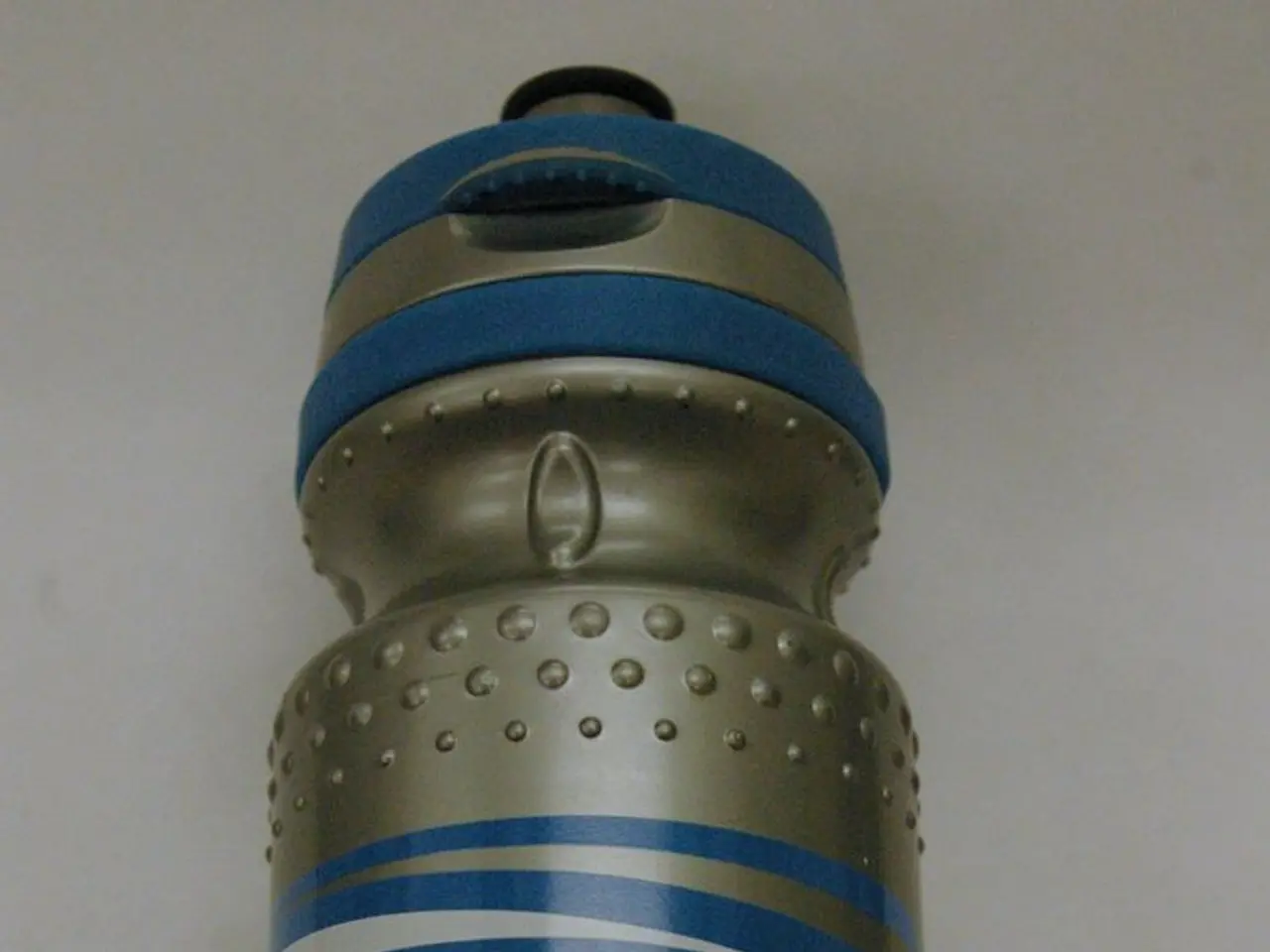Pioneering breakthroughs in cancer treatment: MCTRC leads the charge in translating laboratory findings into clinical applications for patients
McGill Centre for Translational Research in Cancer Advances Cancer Research and Improves Patient Outcomes
The McGill Centre for Translational Research in Ama (MCTRC), established in 1996, is a leading research institution based at the Lady Davis Institute for Medical Research and the Segal Cancer Centre of the Jewish General Hospital (JGH). The MCTRC unites over 60 multidisciplinary experts from across Quebec, working tirelessly to advance cancer research and improve patient outcomes.
The MCTRC maintains partnerships with a diverse range of private companies, including large pharmaceutical corporations, innovative start-ups, and medtech companies. These collaborations are instrumental in driving cutting-edge research and translating novel findings into clinical applications.
One of the MCTRC's key initiatives is the Teamsters Liquid Biopsy Programme, which aims to establish a hospital-based Liquid Biopsy platform for detecting tumour DNA present in the blood of cancer patients. This innovative approach could revolutionise cancer diagnostics, allowing for early detection and personalised treatment.
The MCTRC hosts biobanks containing more than 5,000 tumour cases, providing a wealth of data for researchers to study. These biobanks are integral to the MCTRC's mission of understanding the genetic and epigenetic factors that drive cancer development and progression.
In addition to its in-house research, the MCTRC is a member of several prominent research networks. It is a member of Quebec's largest clinical oncology research network, Q-CROC, and RRCancer, a research network based in Quebec. The MCTRC is also a member of the WIN Consortium, an international network that conducts worldwide clinical trials and research projects to translate novel cancer treatments from the laboratory to the clinic.
The MCTRC is also part of the Cancer-Covid 19 Consortium (CCC19), a collaborative initiative that collects and disseminates detailed, uniformly organised data on cancer patients diagnosed with COVID-19. This collaboration is crucial in understanding the interplay between cancer and COVID-19 and developing strategies to manage these co-occurring diseases.
The MCTRC's George and Olga Minarik Research Pathology Facility advanced standards of practice in the handling of tissues in biopsy-driven clinical trials. The facility's meticulous work ensures that the data collected is of the highest quality, contributing significantly to the MCTRC's research efforts.
The MCTRC's Radiation Biology and Medical Physics Laboratory is developing next-generation data-driven biomarkers for precision medicine. By integrating five critical datasets—medical imaging medical reports, pathology data, molecular data, and clinical data—the lab is leveraging AI-driven digital histopathology analysis to extract genetic and epigenetic signatures, classify tumour subtypes, and predict therapeutic responses.
The Warren Y Soper Clinical Proteomics Centre, another component of the MCTRC, was founded to study protein production and function, complementing genomic sequencing in cancer research. This focus on proteomics allows the MCTRC to gain a more comprehensive understanding of cancer at a molecular level.
The MCTRC's Annual Cancer Translational Research Horizon Meeting connects academia and industry to drive innovation in cancer research. This event brings together leading researchers, clinicians, and industry professionals to discuss the latest developments in cancer research and explore potential collaborations.
Finally, the MCTRC's participation in the National Centre of Excellence in Precision Medicine, Exactis, is noteworthy. Exactis is collecting real-world data (RWD) from 16 centres across Canada, covering over 11,000 cancer trajectories. This collaboration provides unique insights into patient responses to treatments in real-world clinical settings, furthering the MCTRC's mission of improving patient outcomes.
In conclusion, the McGill Centre for Translational Research in Cancer is a hub of innovation and collaboration, dedicated to advancing cancer research and improving patient outcomes. Its diverse partnerships, cutting-edge research initiatives, and commitment to excellence make it a leader in the field of cancer research.
Read also:
- Comprehensive Overview of Addressing Traumatic Brain Injuries (TBIs)
- Enhanced Health Services Provisioned by San Diego Academic Health Partnership Continues During COVID-19 and Beyond
- Vaccination drive targeting infants under 6 months old against bronchiolitis in the region of Andalucia
- Biopsy Basics: Objectives, Varieties, and Potential Hazards - Healthline Illuminated







